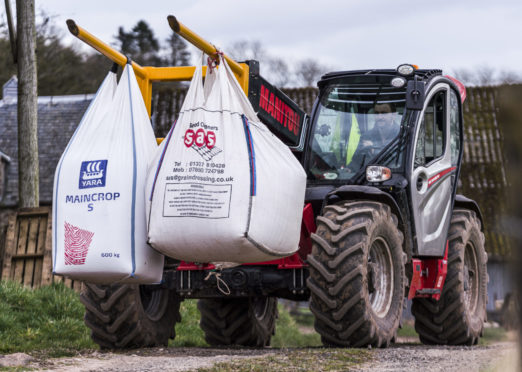In a world that has largely fallen silent, farms have become the last vestiges of loud, busy places as the industry pulls out the stops in response to the global crisis.
There are crises on farms too, of course: Ambitious agritourism and diversification enterprises have come to an abrupt halt; prices are falling for prime livestock; and the looming labour emergency in the fields and polytunnels isn’t far from many minds.
Yet the resourcefulness of the industry continues to shine through.
Just two days ago, Lunan Bay Farm’s plans for May’s asparagus harvest were on hold as 80% of their orders had been cancelled by restaurants and hotels.
They posted a tweet asking if anyone would support them by regularly buying their produce from small independent retailers – and 24 hours later the harvest was back on.
The response from hundreds of farm shops, local food co-operatives, city centre specialists and individual consumers from across the whole of the UK was staggering and demonstrates the massive wave of support and demand for local food that has engulfed the farming industry since the coronavirus crisis began.
It also confirms the positive role of social media in engaging the public in all aspects of agriculture – something farmers worldwide are increasingly understanding as they share the daily graft from tractor cabs and lambing sheds through pictures and videos on Twitter, Facebook, Instagram and Tik Tok.
Taking the time to post updates doesn’t just reassure customers their future food is being produced and the work is going on as usual, it is helping to build new, valuable relationships for some future time when our food supply chains are certain to look very different.
We can only hope that once we’ve weathered this storm, the new-found loyalties remain and memories don’t fade, because we’re all relying on farmers to keep up the noise.
nnicolson@thecourier.co.uk










